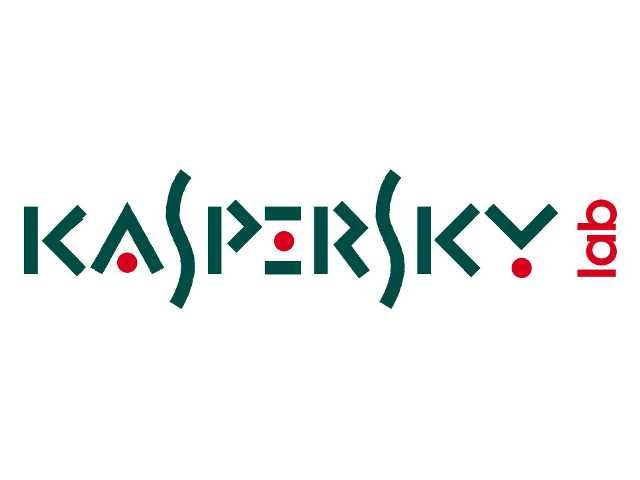 The security company Kaspersky provider of the well-known Antivirus has designed its products to detect any malicious software, even if it is from the National Security Agency (NSA) or other government agencies. The company states:
The security company Kaspersky provider of the well-known Antivirus has designed its products to detect any malicious software, even if it is from the National Security Agency (NSA) or other government agencies. The company states:
“We have a very simple and clear policy related to malware detection: We detect every attack malware, regardless of its origin or destination. There is no 'right' or 'wrong' malware for us.”
The company recalled the story of her investigators who unveiled the revelation Flame and Gauss, δύο εξαιρετικά προηγμένα, κρατικά malware που έχουν μολυνθεί χιλιάδες υπολογιστές, κυρίως στο Ιράν και άλλες χώρες της Μέσης Ανατολής. Η εταιρεία αφηγήθηκε τις προσπάθειές τους για τον εντοπισμό του κακόβουλου λογισμικού espionagewhich targeted human rights advocates and political dissidents.
Η company statement came two weeks after that Electronic Frontier Foundation and several other teams have sent to the companies they are developing and marketing antivirus an open letter asking them to protect their users from malicious software by fraudsters and governments. The letter came amidst the revelations that they want NSA to make secret deals with technology and software development companies to facilitate its espionage work. The concern of the senders of the letter is that Antivirus companies will cooperate with the programs of the NSA there will be "state" malware that will circulate unmolested.
A Wednesday statement from the company has been issued in response to this very open letter.





